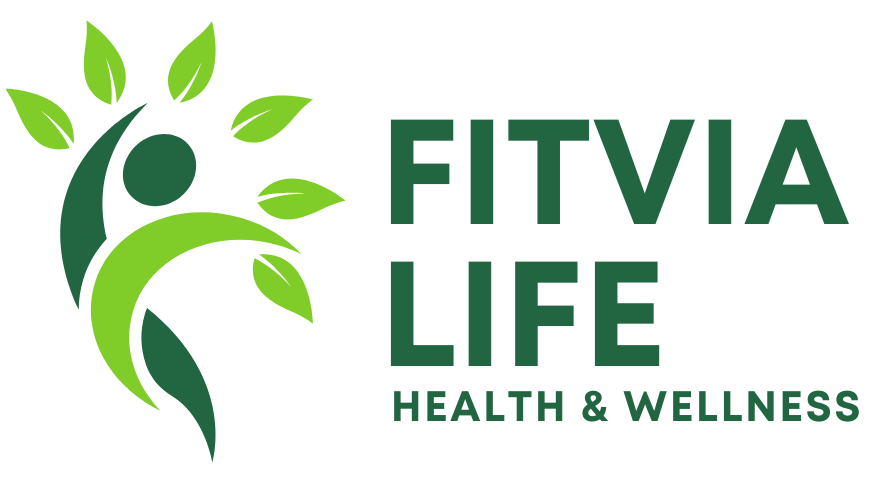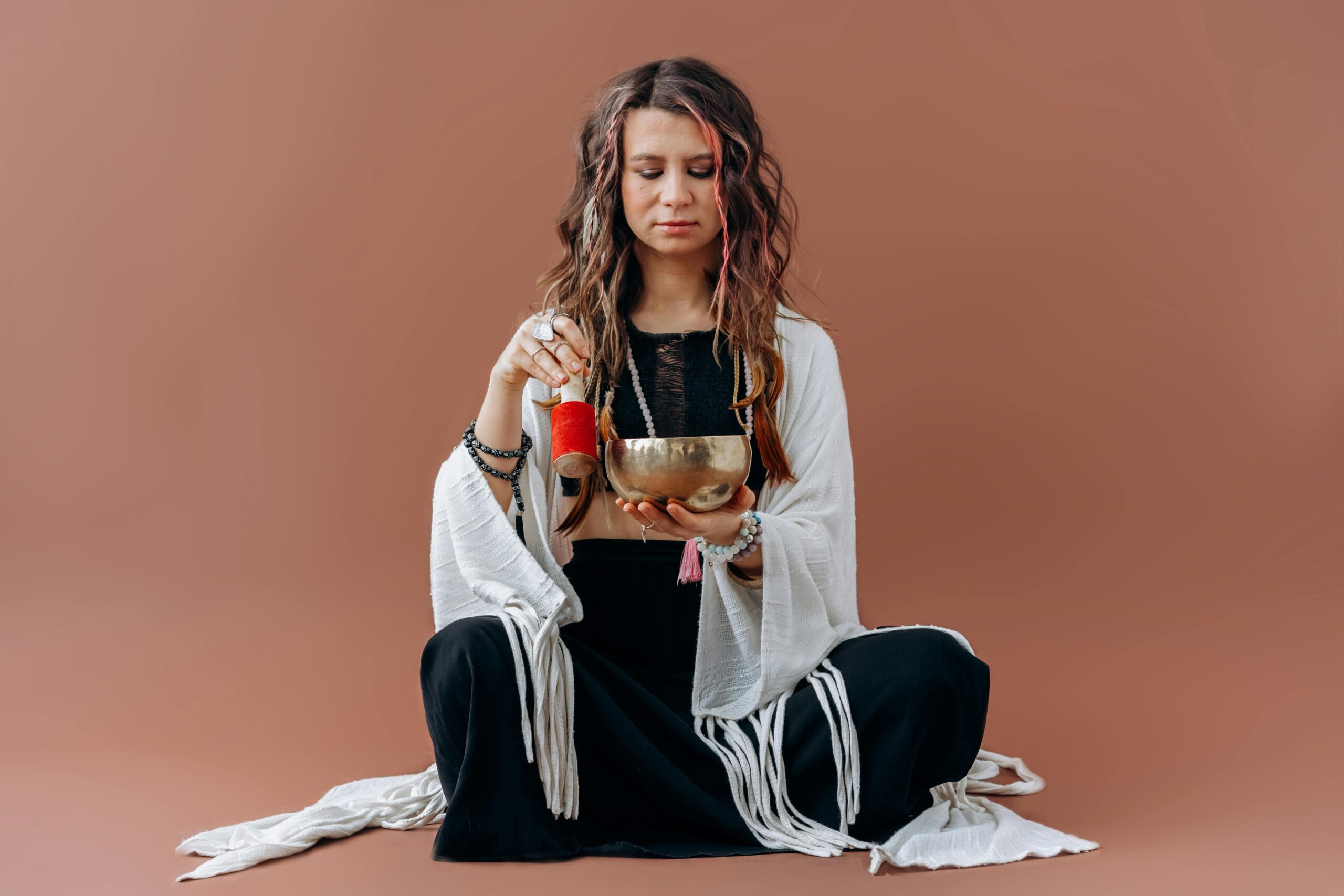Meditation is more than just a trending practice—it’s a powerful, time-tested tool for achieving mental clarity, emotional stability, and overall wellness. In today’s fast-paced world, where stress, anxiety, and burnout are common challenges, meditation offers a natural and effective solution. Whether you’re looking to enhance focus, reduce anxiety, or improve your spiritual awareness, meditation can be the key to unlocking a healthier and more balanced life.
What Is Meditation?
Meditation is a mind-body practice that involves focusing attention and eliminating the stream of thoughts that often crowd the mind. It has been practiced for thousands of years in various cultures and religions, particularly in Buddhism, Hinduism, and Taoism. Today, meditation is widely embraced in the Western world for its proven mental and physical health benefits.
Benefits of Meditation
One of the most recognized benefits of meditation is stress reduction. Practicing mindfulness meditation regularly helps lower cortisol levels—the hormone associated with stress—leading to a more relaxed and peaceful state of mind. Other scientifically backed benefits include:
- Improved concentration and attention
- Reduced symptoms of anxiety and depression
- Better sleep quality
- Enhanced emotional health
- Lower blood pressure and improved heart health
- Boosted self-awareness and self-esteem
These benefits make meditation an essential part of modern wellness routines, especially for individuals dealing with high-stress lifestyles.
Types of Meditation
There are several types of meditation, each catering to different needs:
- Mindfulness Meditation – Originating from Buddhist teachings, it focuses on being present and aware of your thoughts and feelings without judgment.
- Guided Meditation – Led by a teacher or audio recording, it uses visualization and calm narration to promote relaxation.
- Transcendental Meditation – Involves silently repeating a personal mantra to transcend beyond ordinary thought.
- Loving-Kindness Meditation (Metta) – Cultivates compassion and love for oneself and others.
- Body Scan Meditation – Involves focusing attention on different parts of the body to release tension and increase awareness.
Choosing the right form depends on personal preferences and wellness goals.
Meditation and Mental Health
Meditation is increasingly used as a complementary therapy for mental health conditions. Clinical studies show that regular meditation practice can significantly reduce symptoms of anxiety, depression, and PTSD. By training the brain to respond calmly and mindfully to stressors, meditation promotes emotional resilience and inner strength.
How to Start Meditating
Starting a meditation practice doesn’t require special equipment or complex rituals. Here’s how beginners can get started:
- Choose a quiet space with minimal distractions.
- Sit or lie down comfortably.
- Close your eyes and take deep breaths.
- Focus on your breath, a mantra, or a visual object.
- If your mind wanders (which is normal), gently bring your focus back.
Begin with 5–10 minutes a day and gradually increase the duration as you become more comfortable. Using meditation apps like Headspace, Calm, or Insight Timer can also support your journey.
Why You Should Meditate Daily
Daily meditation can transform your life. It not only improves your mental and physical health but also enhances your relationships, productivity, and overall happiness. As you cultivate inner peace, your external world becomes more manageable, and your ability to respond thoughtfully—rather than react emotionally—strengthens.
Conclusion
Incorporating meditation into your daily routine is a powerful step toward a healthier, more balanced life. With its wide-ranging benefits—from stress relief to emotional growth—meditation is not just a wellness trend but a timeless practice for inner peace and transformation.
Start your journey today, and discover how just a few minutes of mindfulness can make a lasting difference.


